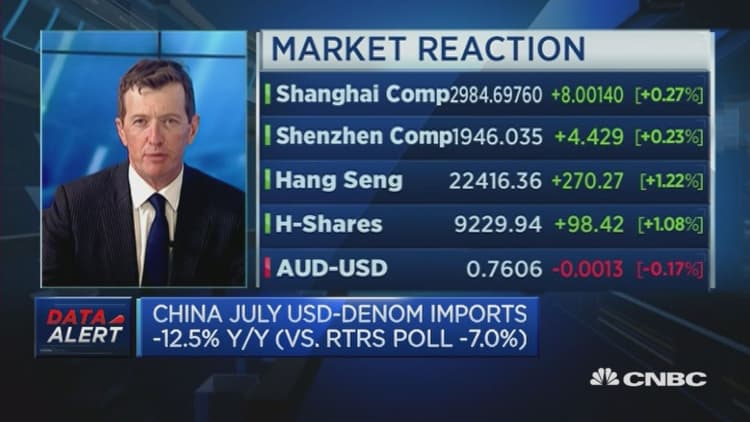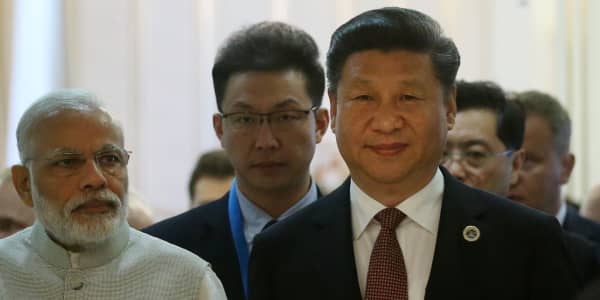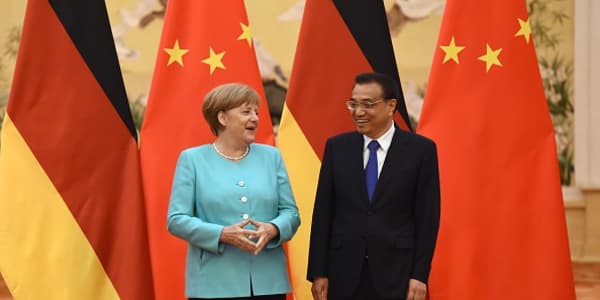China's exports and imports fell more-than-expected in dollar-denominated terms in July, reviving concerns over the economic outlook both at home and abroad.
In July, exports fell 4.4 percent on-year, while imports fell 12.5 percent in U.S. dollar terms, according to Reuters data. Analysts polled by Reuters had forecast declines of 3.0 percent and 7.0 percent, respectively.
The trade surplus was $52.31 billion in July.
In yuan terms, July trade data showed exports rose 2.9 percent on-year and imports fell 5.7 percent.

The trade figures will again steer attention to China's economy, which slowed to a 25-year low in 2015, as improvements in consumption failed to offset a marked slowdown in China's traditional economic drivers.
Concerns have also risen over the competitiveness of China's state-owned enterprises as well as the sharp rise in debt levels.
"The country's export growth is likely to remain subdued for some time. While we think the worst is probably over for many emerging markets, global growth is likely to remain lackluster well into next year," said Julian Evans-Pritchard, an economist at Capital Economics.
The weak data are likely to keep government policy accommodative, Nomura analysts said in a note.
Nomura added that the import slump was likely exaggerated due to massive flooding which further impacted already sluggish demand.
Despite the downbeat headline numbers, the figures show that the slowdown was "reasonably stable," said Toby Lawson, head of global markets at Societe Generale in Australia.
"There is no surprise that China growth is slowing. It's just a matter of how quickly it slows and how volatile it is," Lawson told CNBC's "Street Signs".
The Chinese markets, he said, have been far more stable than 12 months ago when the stock market fell sharply.




